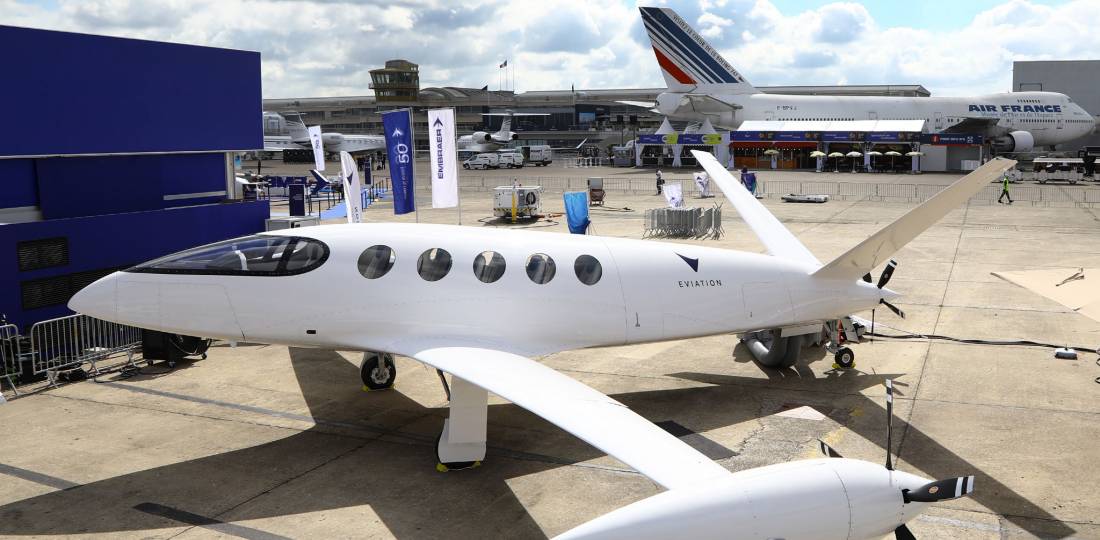Blog entry by Bruce McPherson

A fire broke out during ground testing of Eviation’s all-electric Alice aircraft on January 22 at Prescott Regional Airport in Arizona. The company said that the fire is believed to have been caused by a fault with a ground-based battery system. It has yet to confirm how extensively the prototype aircraft might have been damaged in the incident.
The Prescott Fire Department was on standby for the planned test and quickly extinguished the fire, which caused no injuries. Eviation has begun an investigation into the full cause of the fire and has not said how the incident might affect plans to begin flight testing the aircraft.
Israel-based Eviation is aiming to complete type certification for the fixed-wing Alice before the end of 2022 under the FAA’s Part 23 rules. The first prototype arrived in Prescott in late 2019, having been shipped from Vannes, France, where it was assembled at facilities owned by composite fuselage supplier Carboman Group.
Two more prototypes are due to be delivered to the U.S. this year. Eviation pushed back plans to begin flight testing in late 2019 into 2020. The company has been doing development work in partnership with the Embry-Riddle Aeronautical University’s Prescott campus, but intends to conduct Alice’s flight testing at Moses Lake in Washington.
Alice is being designed to carry nine passengers on flights of up to around 650 miles and at speeds of up to almost 280 mph. The aircraft is powered by three electric motors provided by Magnix, which is part of the Singapore-based Clermont Group that is now the majority shareholder in Eviation.
It has a 900-kWh battery pack powering electric motors that drive three variable-pitch propellers—one installed in the tail of the aircraft, and one on each side of the wing. The combined power of the three electric motors is 260 kW. Full charge time for the batteries is projected at 70 minutes, or 30 minutes to provide enough power for a 60-minute flight.
Eviation said the $4 million aircraft will offer direct operating costs of just $200 per flight hour. U.S. operator Cape Air placed the launch order for Alice in a June 2019 deal for an undisclosed number of aircraft. The company claims to have total "orders" for 150 aircraft with more than one customer but has not disclosed the names of any other prospective operators.
By Charles Alcock AIN Online